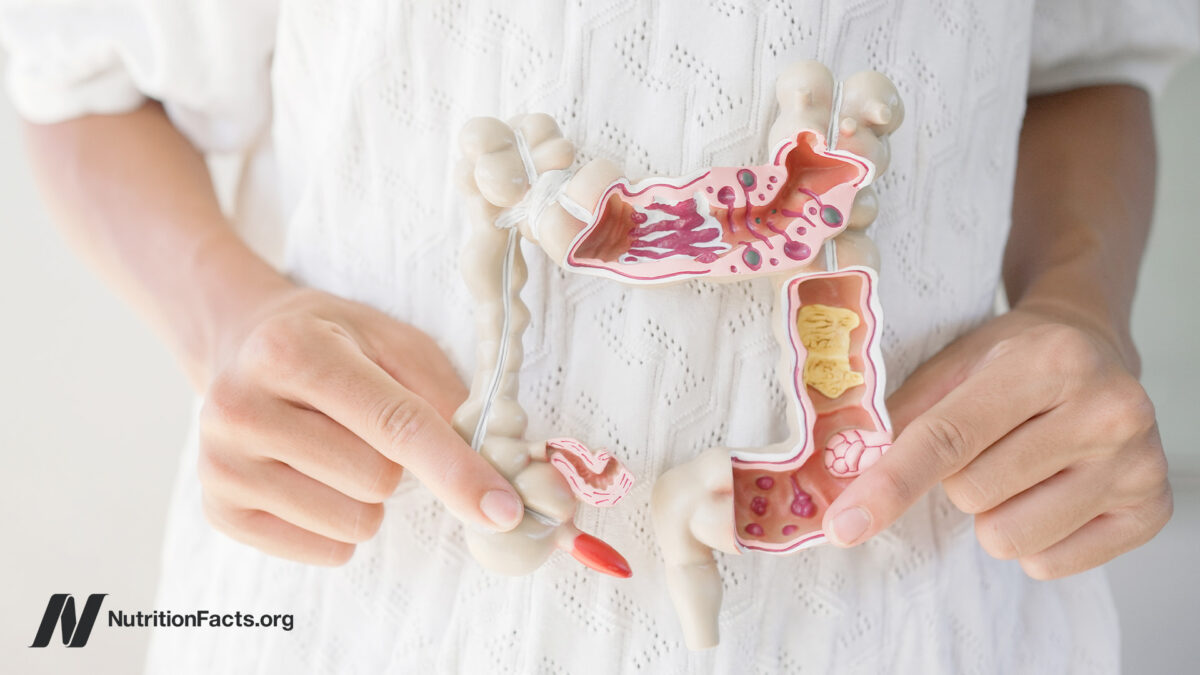10-year Treasury yield pulls back after light March inflation report
U.S. Treasury yields moved lower on Thursday as investors breathed a sigh of relief after U.S. President Donald Trump enacted a 90-day tariff reprieve.

U.S. Treasury yields moved lower on Thursday as the market received positive news on inflation and investors breathed a sigh of relief after President Donald Trump enacted a 90-day tariff reprieve on most countries, reversing a sharp sell-off in bonds.
At about 8:53 a.m. ET, the 10-year Treasury yield was lower by 7 basis points at 4.326%, and the 2-year Treasury yield also dropped more than 11 basis points to 3.837%. On Wednesday, the 10-year Treasury climbed to over 4.51% at its highest, driven by unusual volatility in the bond market.
One basis point is equal to 0.01% and yields move inversely to prices.
Yields moved lower after a cooler-than-expected inflation report for March. The latest reading for the consumer price index showed a 2.4% year over year increase. Economists were expecting a rise of 2.6%, according to Dow Jones.
Investors were relieved after Trump on Wednesday afternoon announced a 90-day tariff "pause" on all countries affected, which involves bringing the rate "down to a universal 10% tariff" during that time. This reprieve excluded China, which saw tariffs on its goods rise to 125%, as the two countries are in the midst of a trade war.
The bond market came into sharp focus on Wednesday as investors sold off their bond holdings, which resulted in prices dropping and yields spiking. That was unexpected as investors typically flock to U.S. Treasurys during times of market volatility.
Kevin Hassett, the director of the National Economic Council, told CNBC on Thursday that the moves in the bond market added "perhaps a little more urgency" to the decision to pause part of the tariffs.
Additionally, strong demand for 10-year Treasurys at the debt auction on Wednesday eased investors' concerns.
"While there has been understandable relief as evidence of a Trump put reemerged following the extreme market conditions that we highlighted yesterday morning, the genie is still out of the bottle on policy unpredictability," analysts at Deutsche Bank said in a note.
"Indeed, a 10% minimum universal tariff represents the largest tariff increase in decades and heightened trade uncertainty is likely to linger, with limited visibility on what kind of deals the U.S. would find acceptable."

 Astrong
Astrong 































